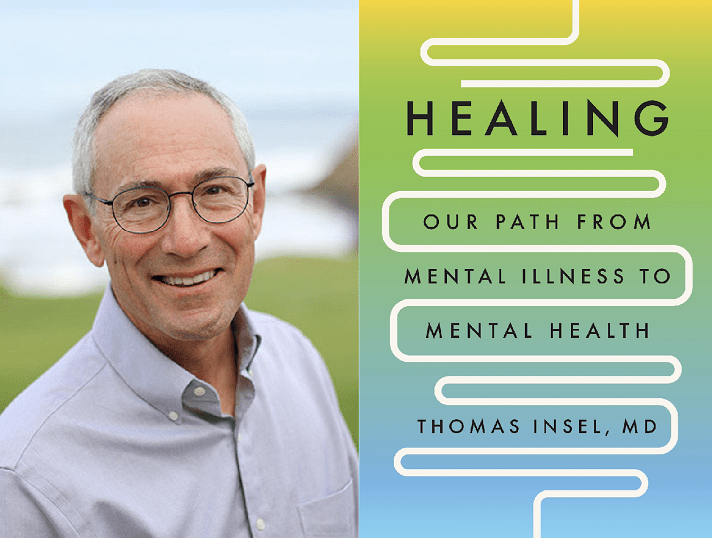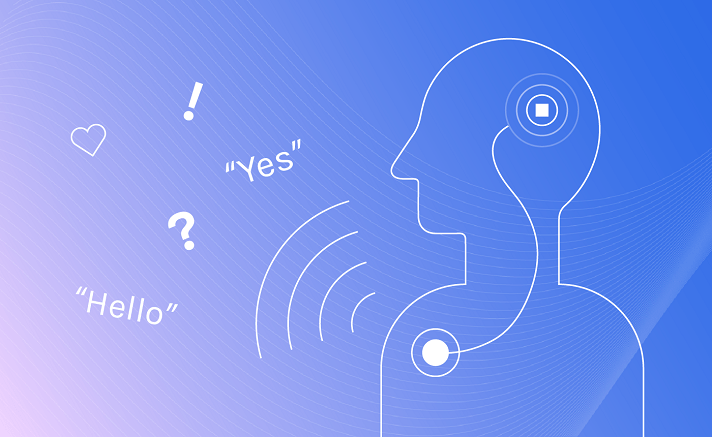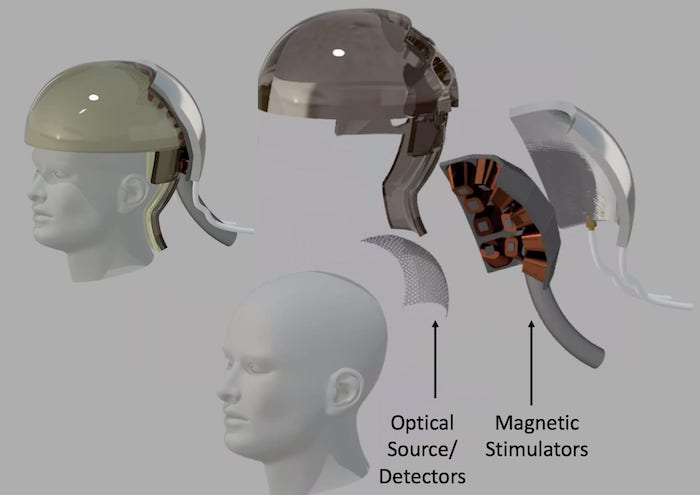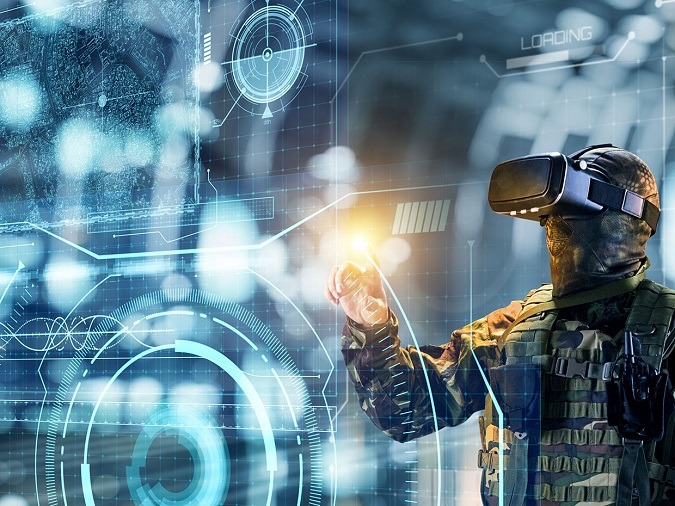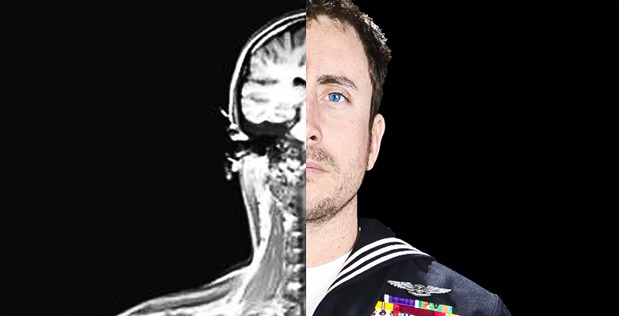Posts Tagged ‘DARPA’
From “Eminence-based” to Evidence-based cognitive & mental healthcare: Time for quality and accountability
Welcome to a new edition of SharpBrains’ e‑newsletter, featuring timely brain & mental health news, two excellent new books and a few fun brain teasers. #1. From “Eminence-based” to Evidence-based mental healthcare: Time to focus on quality and accountability “The real challenge is not finding a therapist, it’s finding a therapist who knows how to provide…
Read MoreNew DARPA initiative aims to harness cognitive science, sensors and machine learning to detect early brain signs of depression, anxiety, and suicidal ideation
New Cognitive Science Tool to Shed Light on Mental Health (DARPA press release): Since Sept. 11, 2001, more than 30,000 active duty members and veterans have taken their own lives – four times as many as those killed in post-911 military operations. Current methods to detect early signs of behavioral and mental health risk factors…
Read MoreNeurotech start-up Paradromics raises $20M to address brain-related disorders via next-gen brain-computer interfaces
Neuralink Competitor Raises $20 Million for Brain Implants (Bloomberg): A competitor to Elon Musk’s Neuralink said it raised $20 million, enough to get it on track to introduce a new generation of powerful and tiny electrodes to the human brain. Paradromics Inc., founded in 2015 about a year ahead of Neuralink, is building brain-computer interfaces that…
Read MoreDARPA-funded nonsurgical neurotechnologies push the frontier of brain-machine interfaces
Rice University Charges Into the Future with Magnetics and Bioimplants (All About Circuits): Advances in self-generating drug delivery systems, brain-to-brain communication, and injury mitigation technologies are just some of the newest research coming down the pipeline from Rice University. Several research projects funded by the Defense Advanced Research Project Agency’s (DARPA) N3 program might herald…
Read MoreSix DARPA-funded research teams aim at revolutionizing noninvasive brain-machine interfaces
_______ DARPA Funds Ambitious Brain-Machine Interface Program (IEEE Spectrum): “DARPA’s Next-Generation Nonsurgical Neurotechnology (N3) program has awarded funding to six groups attempting to build brain-machine interfaces that match the performance of implanted electrodes but with no surgery whatsoever.
Read MoreAnticipating ethical implications of DARPA’s neurotechnology push
___ The Pentagon’s Push to Program Soldiers’ Brains (The Atlantic): “…darpa officials refer to the potential consequences of neurotechnology by invoking the acronym elsi, a term of art devised for the Human Genome Project. It stands for “ethical, legal, social implications.” The man who led the discussion on ethics among the research teams
Read More
